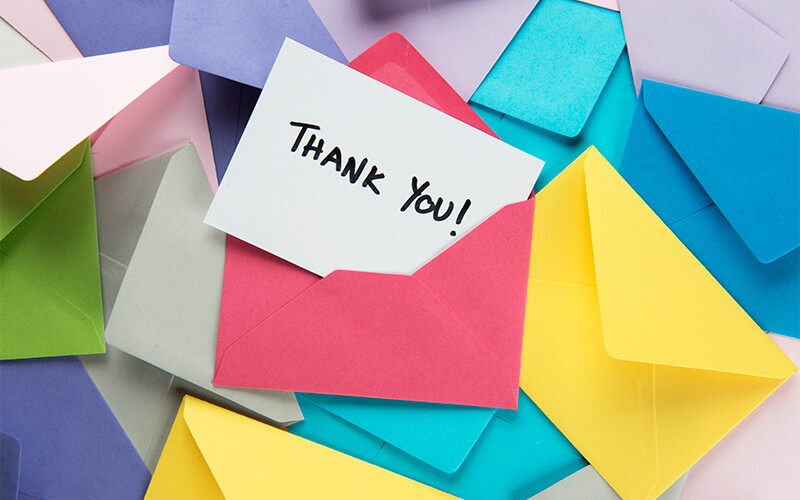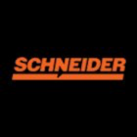How to follow up after an interview: Top insights to consider


By The Schneider Guy
Estimated reading time: 3 minutes
You took all the necessary steps to prepare for the job interview, – formulated questions to ask, practiced answering questions with a friend, dressed for success – and you think you did a great job during the interview itself. Now what?
Although there isn’t much you can do after a job interview, other than wait for a decision to be made, one thing you should do is send a follow-up to thank the interviewer(s) for their time.
How to follow-up after an interview and what to include in the follow-up depends entirely on the interview itself.
Following up after an interview
Sending a thank-you note after an interview not only shows you are truly interested in the position, but it shows you have initiative to go above and beyond what’s expected.
How to send a follow-up after an interview
The most common ways to send a thank-you after an interview is to mail a written note or send an email. When determining which method to choose, think about who interviewed you and how you think they would want to receive the thank-you.
If you are going to send the interviewer a written note, get it into the mail the same day of the interview. If you’re going to do email, send it within 24-48 hours of the interview.
Who to send the follow-up to
Send a thank-you to every person who interviewed you, whether that’s just the hiring manager, the hiring manager plus two people on their team, etc.
If you are going to send out emails and forgot to ask each person for their email address during the interview, send the follow-ups to the recruiter you have been working with. Ask them to forward your messages to the appropriate people.
If a hand-written note is the route you are going to take, send a separate card to each person who interviewed you. You should be able to find the address of the company via a Google search.
What to include in the follow-up
Make the thank-you personal; don’t just send the same general thank-you note to each person. Mention something specific they talked about during the interview, as this shows you were really listening to what they had to say.
For example, if the hiring manager mentioned the role is assigned a wide variety of projects, mention that you were even more excited about the job after learning more about the role in the interview. Say you have always enjoyed work that varies day-to-day and are excited about the potential to interact with different types of people on various projects.
When you need to include more than just a thank-you message
If during your interview the hiring manager asked you to provide something additional later that day, be sure to construct your follow-up so it includes the thank-you portion and the additional information that was asked of you. This could be anything from work samples to a reference list.
When this is the case, it makes sense to send your follow-up via email. This way you can easily include the documents(s) the hiring manager wants to review.
What to do when you've sent a follow-up and haven't heard back
Sometimes it’s necessary to send a second follow-up after an interview. A second follow-up can be sent when you haven’t heard back from the hiring manager or recruiter, and it’s been over a week since the interview.
How to send the second follow-up
If it’s been one week plus one day since the interview and you still haven’t heard back from anyone at the company, calling or emailing the recruiter you are working with is appropriate.
What to include in the second follow-up
Ask the recruiter if they are able to provide an update on the status of the open position. Also mention to let you know if they need anything additional from you. And of course, add a sentence about how excited you still are about the opportunity.
Why following up matters
Sending a follow-up after an interview shows you are invested in the position you applied for. It proves you are willing to work hard for what you want.
It may even give you a leg up against other applicants who also applied and interviewed for the same position.
Get more career insight
Check out all our career-related blogs and gain more knowledge about everything from communicating at work to being more confident in the office to prioritizing your workload more efficiently and more.

Schneider Guy loves the "Big Orange." He's passionate about the trucking industry and connecting people to rewarding careers within it. He's been the eyes and ears of our company since our founding in 1935, and he's excited to interact with prospective and current Schneider associates through "A Slice of Orange."



